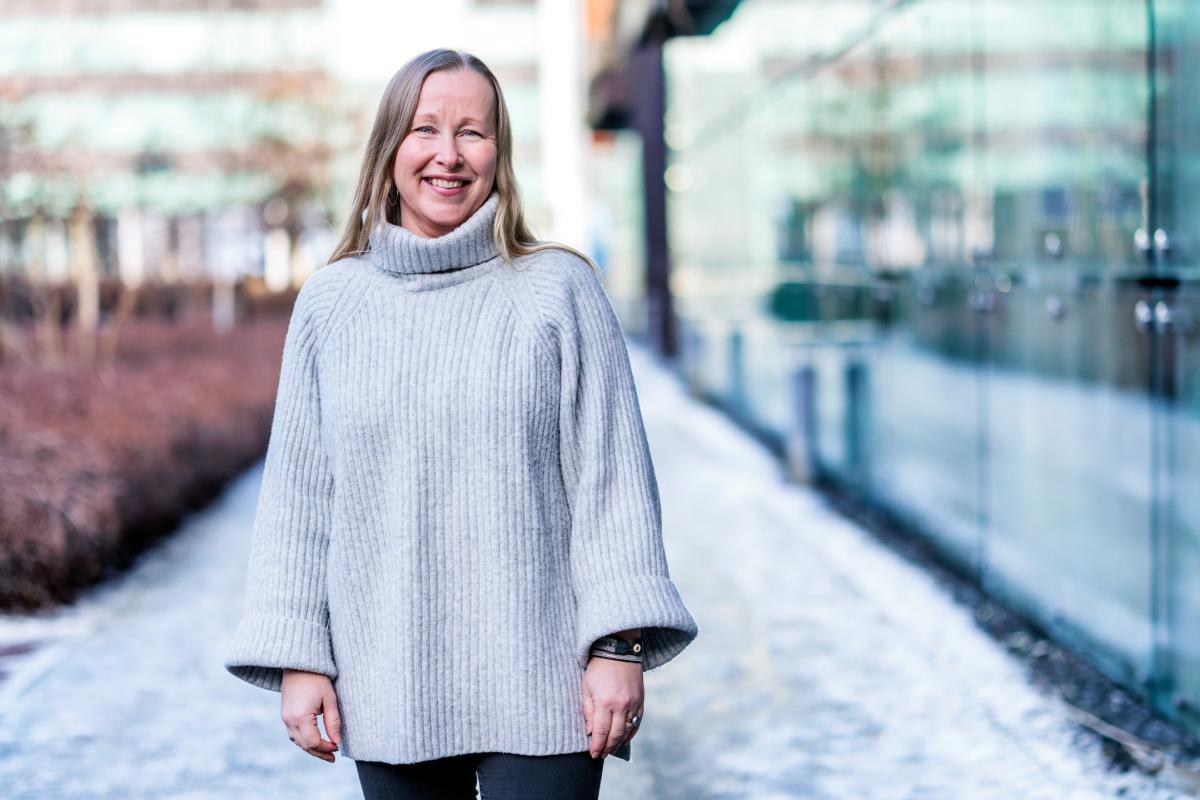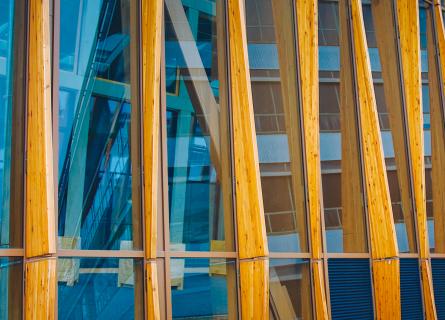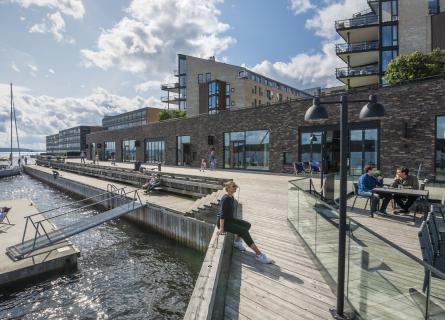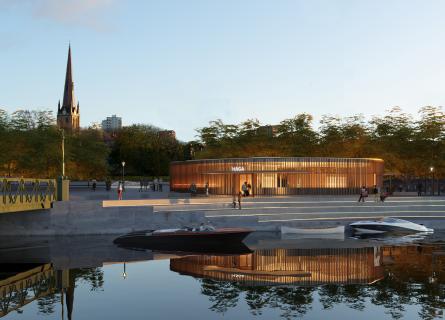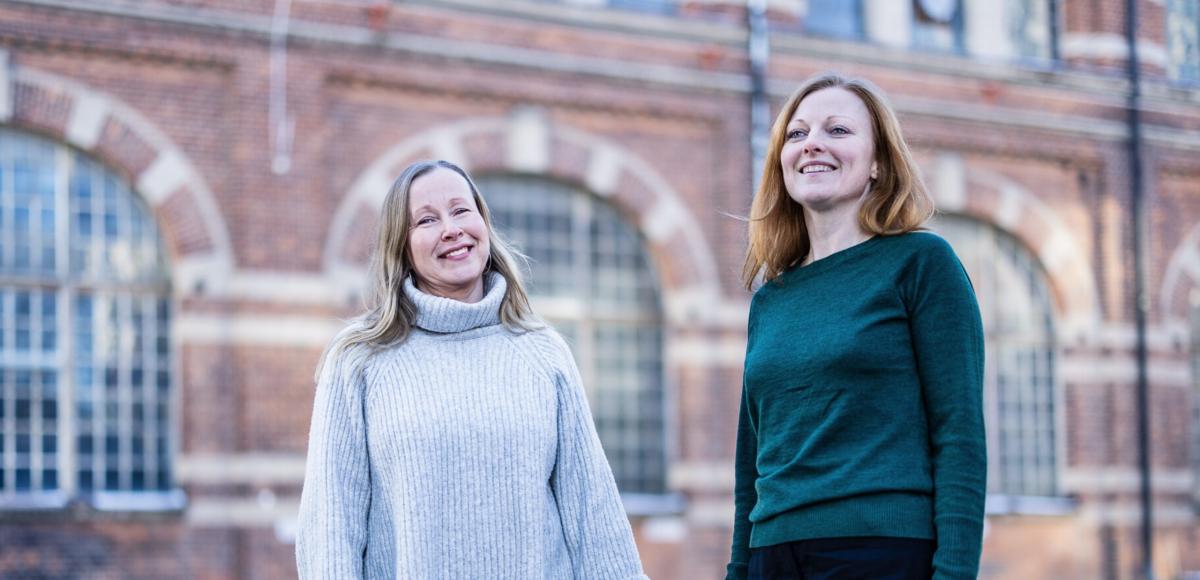
The industry initiative for climate neutrality in the building, construction and real estate management sector
LFM30, the driving force in Malmö for a sustainable transition in the building, construction and real estate management sectors
Five years ago, stakeholders from the construction and building industry united to accelerate progress towards the national climate goals for the building, construction, and real estate sectors by 2030. Starting with Malmö as a pilot project, they joined forces to expedite the journey towards a sustainable transition for cities across Sweden.
In 2018, it was decided to commence the project LFM30, Lokal Färdplan Malmö 2030 (Local Roadmap Malmö 2030) with united efforts to accelerate the work towards climate neutrality. The goal of the project was set: by 2030, to have a climate-neutral building, construction and real estate management sector in Malmö with net zero carbon dioxide emissions, followed by a climate-positive building, construction and real estate management sector in Malmö by 2035. Knowing that the building industry accounts for a fifth of Malmö's climate impact, the initial sub-goal was established: by 2025, all affiliated members would reduce their climate impact by fifty percent.
Today, the project has grown and LFM30 has 217 connected members. AFRY, as the pioneering consulting company to join, has played a pivotal role in leading the transition efforts. Through collaboration, LFM30 has taken on the challenge of refining calculation methods and procurement templates for the building, construction, and real estate industries. These resources provide a solid foundation for new buildings, adaptations, and renovations, benefiting other players in the field.
Regulatory review and climate data collection
One of the projects within LFM30 is named "Klimat möter regler i trähusindustrin" (Climate meets regulations in the tree house building industry). This initiative stemmed from various stakeholders recognizing limitations in the existing regulations for constructing timber houses for single-family homes. They believed that, in certain cases, these regulations hindered the construction of more environmentally friendly homes. The project's initial phase has recently ended, focusing on an analysis of the regulations regarding single-family houses. In addition, interviews were conducted with key stakeholders in the industry to assess the challenges and conflicts that arise in achieving project objectives. The next step is to use these insights to review how the demands on single-family homes and villas can be adjusted and see what discretion timber builders must influence based on their situation and build more climate-smart.
Another project is the development of an open national database and a comparison tool for climate data. The database "Under: mot nettonoll - och lägre” (Under: towards net zero - and below) consists of climate calculations from property owners and builders, which are collected to make comparisons with similar construction and real estate projects. As more data is gathered, a stronger foundation will be established to define the benchmark for low and high greenhouse gas emissions in projects or building components. This enables us to better understand and strive for minimal carbon impact throughout the entire process.
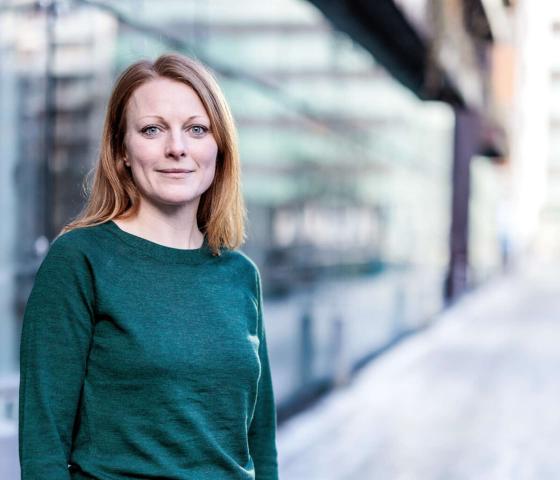
"The purpose of the database is to facilitate the comparison of various projects and identify optimal solutions that minimize carbon impact. By accumulating more data, we expand our knowledge base, enabling us to learn from past projects and make informed decisions about selecting the most suitable solutions."
– Fanny Rading Heyman, Landscape architect at AFRY, and part of the LFM30 project "Open data".
An industry initiative making waves
Over five years, LFM30 has expanded from a small group of pioneers to a thriving community of over 200 members. The growth is a clear indication of the industry's sincere commitment to tackling crucial challenges and acknowledging the value of knowledge exchange within the sector. Continuously evolving, the project has provided valuable insights into organizational structure and effective knowledge dissemination to other stakeholders and cities seeking to transition. The work being carried out in Malmö has sparked widespread interest nationwide, leading to an increasing number of pilot projects and collaborations driven by a shared commitment to reducing carbon emissions in urban areas.
By 2025, the primary objective is for all affiliated members to reduce their climate impact by 50%, starting from the baseline year of 2020. While facing inflation and rising costs, these challenging times also provide opportunities for innovation and structural improvements. Larger housing development projects, which have longer-term objectives, may face additional hurdles in achieving this target. With a good reporting structure, there is a wealth of information on which areas need to be prioritized, where the organization can direct resources to the areas of highest priority. Overall, the aim is to create new processes that include procurement, reuse, and organizational learning. Promoting internal knowledge sharing empowers companies to explore innovative solutions.
“We were thrilled to welcome 20 new members to LFM30 in 2023. The prevailing economic climate has undoubtedly influenced the industry, leading more individuals to recognize the immense value of collaboration facilitated by platforms like LFM30. Naturally, we are delighted by this development and remain committed to diligently fostering knowledge and developing tools that propel the industry forward."
– Jennifer Cronborn, Secretary General and Coordinator, LFM30.
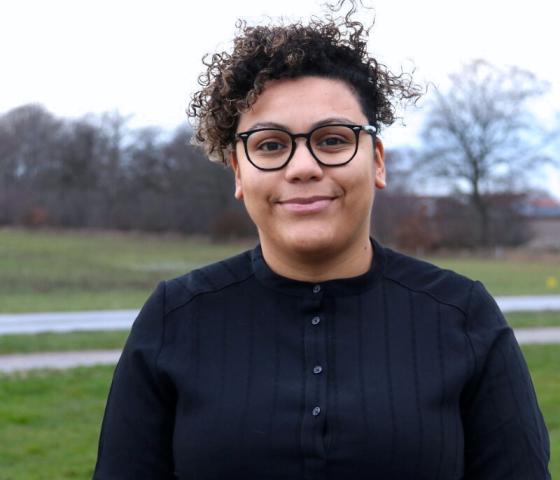
AFRY can assist with financing, strategy, and execution
AFRY possesses significant expertise in climate change within construction, buildings, and energy efficiency where we offer services and expertise from strategic advisors, engineers and designers to data and tech developers. The advantage of AFRY's involvement in LFM30 from the beginning is the capacity to assist in new projects, ensuring accurate expectations are set regarding budget and strategy right from the start. This approach effectively minimizes both costs and carbon emissions. Moreover, AFRY can assist in seeking and securing funds and external financing by aiding in the preparation of applications for projects related to urban transformation.
AFRY has been developing tools for calculating carbon emissions in construction calculations. AFRY's calculation tools CalcFrame and CO2 Guide support the industry's work aimed at calculating carbon footprints in construction and infrastructure projects.
Maja Manner is a Business and Sustainability Strategist at AFRY. As the project coordinator for LFM30, she has spearheaded AFRY's involvement in LFM30 and the effective utilization of AFRY's expertise to drive the transition.
"I am proud of AFRY being the inaugural consulting company to participate in this project. We have the privilege to drive and expedite the transition through a wide range of initiatives, projects, and tools. Together with our fellow members, we possess immense expertise and have a remarkable opportunity to engage in more industry initiatives and collaborate with cities, even on a European scale. One notable example is our support for the establishment and operation of the Climate Arena Stockholm's facility forum, drawing from our successful experience with LFM30", says Maja Manner.
Climate calculation tools at AFRY
With the aid of the CO2 Guide tool, AFRY can:
- Provide an estimate of the carbon footprint of an exterior built environment
Identify the biggest challenges and opportunities
- Suggest measures to reduce the project’s carbon footprint, considering aspects such as design, material selection, and system solutions
The AFRY CO2 Guide provides clear values for emissions and sequestration of CO2e for construction projects. The tool calculates the carbon impact from hardscapes, equipment, pipelines, constructions, lighting, and green areas. The calculations include the life cycle stages A1 - A5, as well as the carbon impact during the project’s lifespan in life cycle stages B2-B5.
The AFRY CO2 Guide for exterior built environments also includes removed carbon sinks and new carbon sinks (for example, tree planting or added biochar) and maintenance.
The tool enables an estimate of a project's carbon footprint to propose measures to reduce greenhouse gas emissions and is structured for quick connection to commonly occurring quantity tools.
Get in touch
For more information about the tool, please contact:
With over 60% of the cost and CO2 emissions being non-adjustable once the architectural design, geometry, and location decisions are made, AFRY CalcFrame offers invaluable insights for making informed decisions at the early stages of a project.
With the help of the CalcFrame tool, AFRY can:
Calculate cost and CO2 impact in early project phases from a developer’s perspective
Perform calculations for building and construction projects
Create proposals on how projects can be optimized from both a cost and climate perspective, concerning architectural design, system solutions, and material selection
AFRY CalcFrame provides a comprehensive cost and climate calculation (CO2) for all types of building and construction projects. Whether there is only a sketch, model, or drawing, AFRY CalcFrame can auto-generate calculations down to the material level. The tool provides a contractor cost and developer cost for both cost and CO2 (A1-A5).
AFRY CalcFrame has been used in more than 10,000 calculations for over 20 years, and the database includes over 30,000 records.
Get in touch
For more information about the tool, please contact:
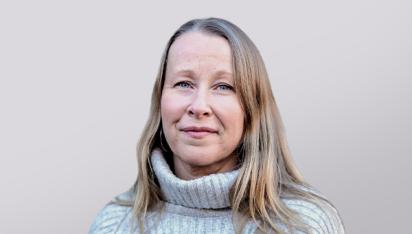
Interested in our offering? Contact us!
Contact Maja Manner
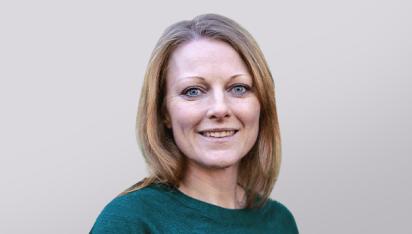
Interested in our offering? Contact us!
